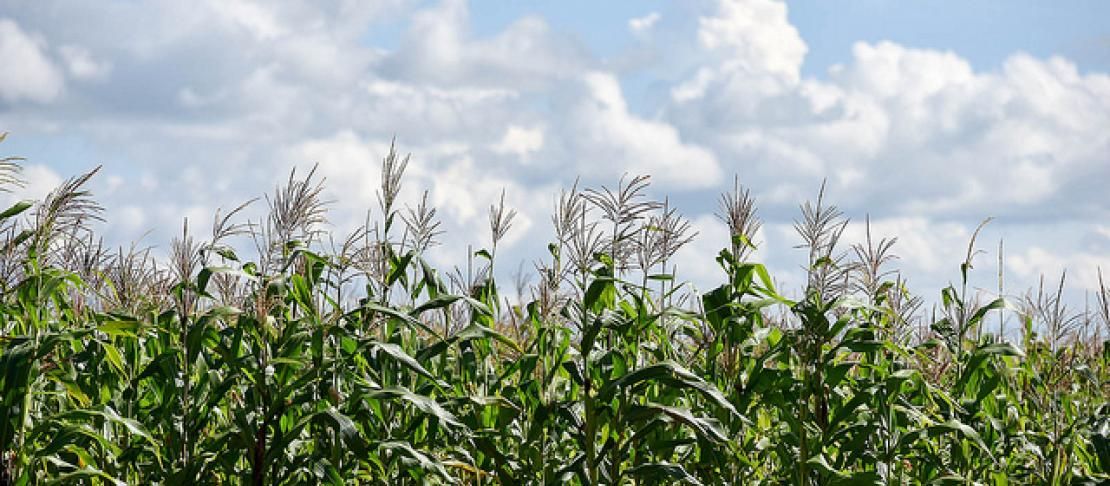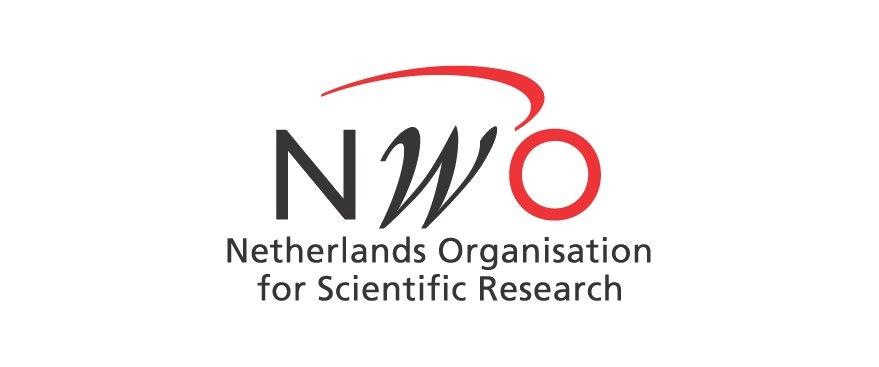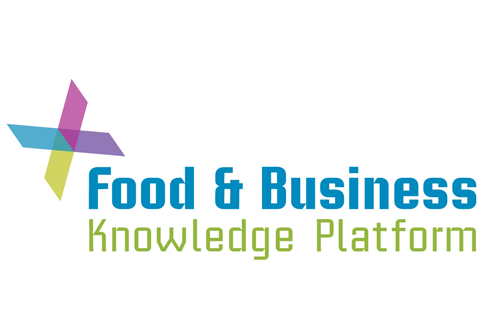Promoting climate resilient maize varieties in Uganda | Global Challenges Programme project

Project description
The uptake of quality assured maize seed by smallholder farmers is persistently low, this despite the fact that the seed has a much higher yield potential and is often more drought tolerant than the varieties traditionally grown by farmers. Just over 15% of Ugandan farmers buy quality assured maize seed from the formal seed market, the rest rely mostly on home-saved seed and low-quality products from the local market. This research project investigates the adoption for drought-tolerant maize varieties that have been specifically developed for specific agro-ecological zones in Uganda by CIMMYT and partners and looks into barriers for uptake of advanced seed technology, specifically focussing on downside risk. We assess the inhibiting role of downside risk with regard to productive investments by conducting randomized controlled trials to test the effects of bundling index insurance with drought-tolerant maize varieties on willingness-to-pay and uptake of this maize seed.
The project aligns with the CCAFS project on Developing index insurance for drought-prone maize and bean-based farming systems in East (and West) Africa to enhance farmer adoption of climate-adapted germplasm.
Activities
- Risk spectrum analysis
- Analysis of gender, CSA and insurance issues
- Randomized Controlled Trial (RCT) pre-analysis plan
- Sampling, baseline survey and baseline report
- RCT and Becker-DeGroot-Marshak (BDM) auctions and follow-up surveys
- Data analysis, final impact evaluation, reporting
- Targeted meetings with sector stakeholders, private sector, public policymakers
Expected outcomes
- By 2022, the project will enable index insurance bundled with appropriate climate-adapted maize varieties to be delivered to an additional 200,000 farmers in Uganda through seed supply chains supported by the Drought Tolerant Maize for Africa Seed Scaling Project (DTMASS)
- Profitable small and medium sized seed companies capture increased market share for climate-adapted germplasm & are supported by NARS continued research on appropriate droughtadapted germplasm
- Government of Uganda provides an enabling policy environment for emergence of a vibrant national agricultural insurance market operating with support of international reinsurance companies
Gender and youth
Poor farmers are not a homogenous category. To fully understand the impact and uptake of CSA one must give due consideration to how access and use of CSA is shaped by existing inequalities and, in turn, how these inequalities contribute to differential development outcomes for the rural poor. The roll-out of innovations such as index insurance can also easily have complex impact, or unintended consequences. How a product is marketed, what it is bundled with and how it is sold will have a varying impact on different demographics. For example, much of the scaling of index insurance has come through mobile phone registrations, but this can exacerbate the gender divide in the many locations where women smallholders are less likely to own phones. The CCAFS project is collaborating with Reading University in the UK to research specifically issues of index insurance and social equity (including gender). The proposed research in Uganda will build on this work to examine the impact of the interventions on different dynamics in more detail, going beyond simply keeping gendered statistics.
Partners
- Wageningen University & Research (WUR)
- Makerere University
- Wageningen UR Uganda Ltd
- International Maize and Wheat Improvement Center (CIMMYT)
More information
For more information, please contact the project leaders:
- Robert Albert Sparrow, WUR, at robert.sparrow@wur.nl
- Jonathan Hellin, CIMMYT at j.hellin@cgiar.org
Funding for this project is provided by:


